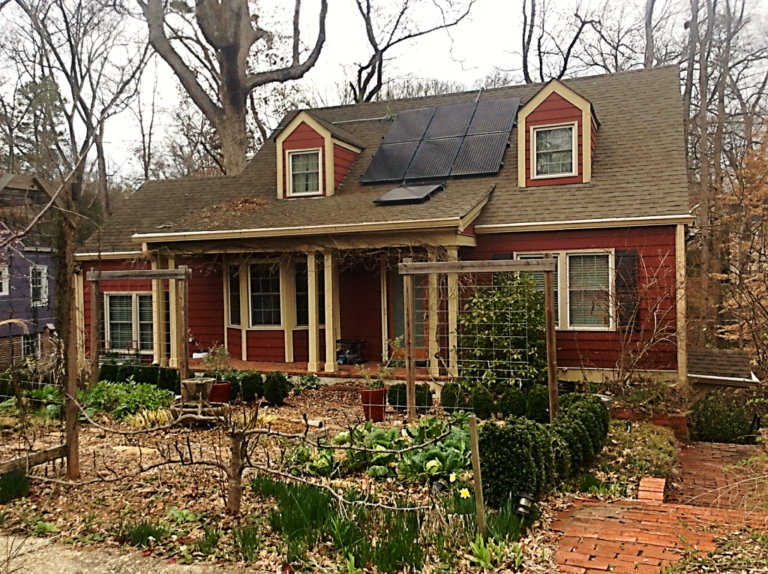
Caption
The program allows homeowners and businesses to earn back 100% of the energy they generate through solar panels is expected to reach a 5,000-customer cap soon, causing alarm in the industry.
Credit: Photo courtesy of Creative Solar

